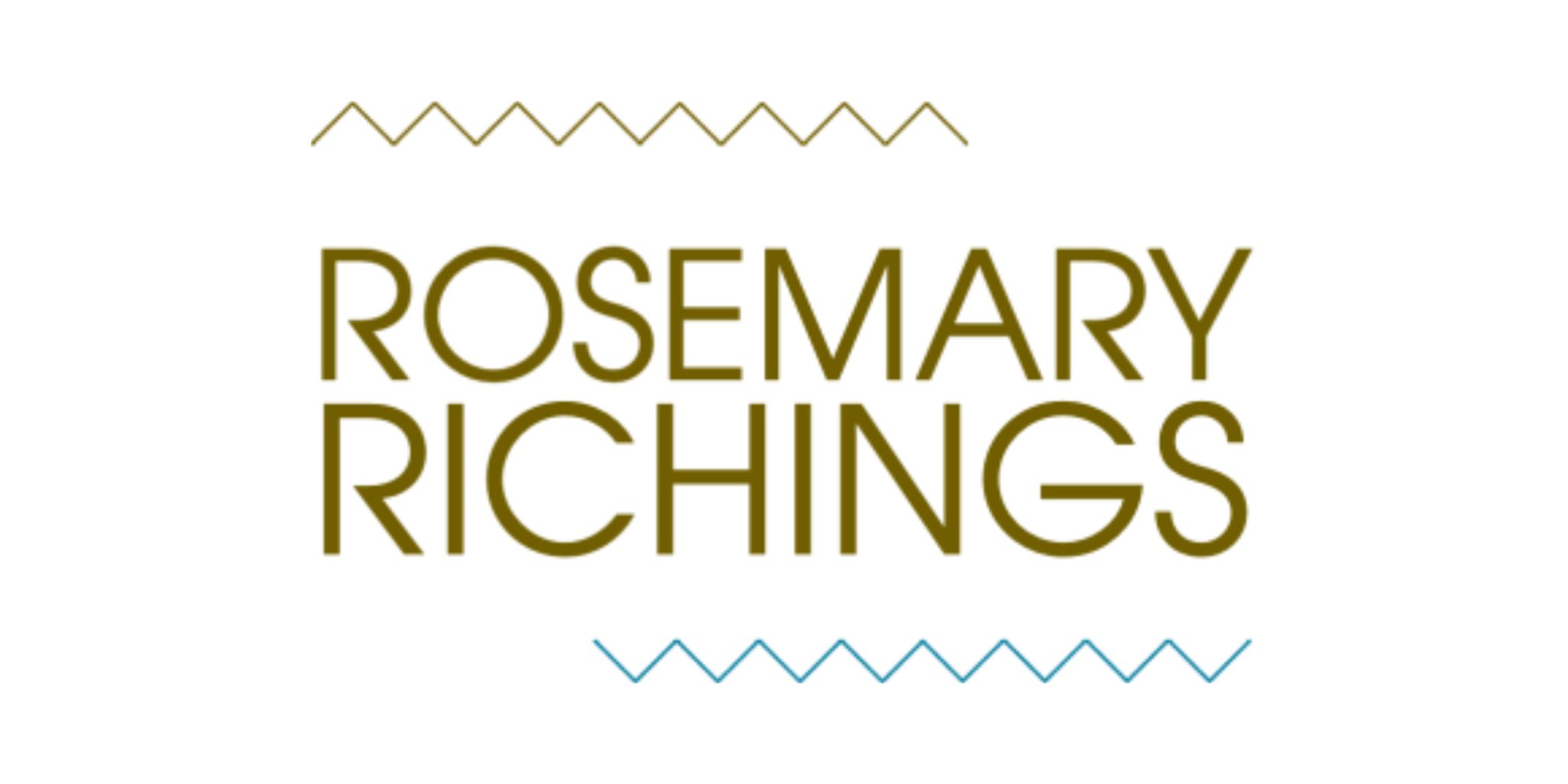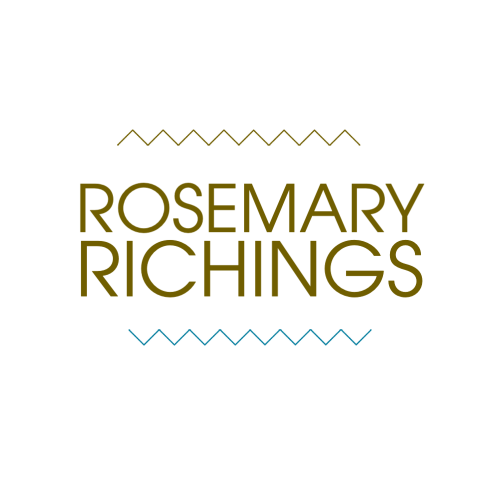Hiring a blogger is all about communication. Because if you’re not able to communicate what you’re looking for, you’ll likely not get the results you’re looking for. And I say this for one very simple reason: when I look back at the client experiences that were “not so great”…
Communication was the biggest problem.
However, it wasn’t because I wasn’t communicating properly, or they weren’t communicating properly. There just seemed to be a big, huge invisible line between what they’re thinking and what we say to each other. Or as The Muse writer, Lauren Levine so eloquently put it:
Regardless of how good your work is, if the client doesn’t know what she wants (or does, but it’s not realistic), you’ll both end up feeling frustrated.
That’s exactly why I wanted to show you how hiring a blogger…
Can be approached in a strategic way. Because making the wrong choice will cost you the two most important things you have:
*Full disclosure: this article includes affiliate links. However, I only endorse apps, products, and services I’m passionate about.*

1) Show them examples of similar content…
Nothing makes hiring a blogger easier than providing examples of your favourite content early in the process.
More specifically, your writers will benefit from opportunities to see examples of blog posts that are a lot like what you want them to write.
- This can either be shared directly, via an email or phone call
- Or by sharing your Word doc or via a project management platform such as Trello.
A great example of this is a copywriting client I worked with this past year…
When we started working together, I encouraged her to share with me on Trello examples of websites in her industry she loves.
Early on in the process, she revealed that she loves the look and feel of the Warby Parker website.
So not only did I check out the website as a whole but I carefully read the about page, which was laid out in the following way:

This helped me find the perfect style for her about page. I was instantly inspired by Warby Parker’s short sentences and amazing storytelling.
And she was extremely pleased with the results. In fact, she even took the time to write me an email, which expressed just how happy she was:

So what can you learn from this?
Start reading blogs in your industry, so you can figure out exactly what you like.
Unfortunately, everyone has different opinions about what makes a blog post “good”.
Knowing what you like will help overcome any barriers you might have about proper communication with writers; especially if you don’t have the right training to talk and think like a content marketer/ content creator.
As you start to read more and more blogs in your industry…
Note any similarities you see between your favourites such as:
- What it feels like: does the writer talk more like they’re talking to their friends or does the wording of their content sound like they’re at a job interview?
- Sentences structure: do they break the rules of writing you learned in school by doing stuff like starting sentences with the word “and”, or having extremely short sentences? Or do they stick to a more formal writing style?
- Research choices: is there a lot of research or a little? What sorts of sources do they use and why? How are they referenced?
- Humour and usages of stuff like pop culture references: How is humour used? Why is humour used? What about pop culture and references to current events…is there ever a use for them?
Getting to know the patterns you notice will make a huge difference because it will help your bloggers learn the language of your organization a lot quicker.
Unfortunately, a lot of the clients I’ve worked with worry that the writers they hire won’t capture the tone they’re looking for.
The best part of getting to know what you like and why is…
The fact that it makes hiring bloggers feel less like a chore, and more like a productive conversation.
In fact, organizations like MailChimp have entire style guides that list everything I just mentioned (and more).
I only mention MailChimp because they are an amazing example of this. Because they created a style guide that successfully tracks the MailChimp way of talking:

However, I’m not exactly saying you “have to” create a style guide that has a MailChimp-level of detail. Because I realize that they are extremely time-consuming. In fact, my editing-focused night classes dedicated entire evenings to creating style guides.
Yet, it’s important to use like-minded examples of what you do like, and what your colleagues like as a reference point for your brand’s look and feel.
2) Create a document with your business’s dos+ don’ts
And don’t forget to include specific examples of what you’re looking for.
This will make the process of hiring a blogger (and training them) a lot easier.
But what’s the best way to do that?
In order to explain what I mean by that, I’m going to show you samples of contributor guidelines sheets I’ve got in the past.
The first one I’m going to show you is a contributor starter kit’s take on introduction preferences:

The reason why I wanted to show you this passage is that its proof of something you’ll find refreshing. The fact that what you tell your writers doesn’t need to be complicated.
It just needs to be extremely specific about what you want all the articles to look like. The company that wrote this wants interesting, funny, and to the point.
Therefore, there’s a written agreement between the company and the writers that highlights the importance of following the rules and guidelines.
This helps save time and a lot of frustration! Agreements like this have helped me write knowing that I’m not writing in one way, for an audience that expects things to be a different way.
When hiring a blogger…
Having a resource that discloses details like this will help you avoid the same frustrations.
But what about the formatting aspects of blog posts?
When hiring a blogger, especially one that will write multiple posts over the long-term they also need to know how to format their posts in a way that suits your website.
One of the most popular options for managing an entire team of bloggers is WordPress.
But just how popular is it? I looked this up, and it powers 26% of the web!
Because accessing important stuff, like the log-in screen doesn’t require coding skills:

The WordPress log-in screen.
And its content management feature is easy to keep track of, and accessible:

One of my clients created detailed guidelines on making blog posts WordPress-friendly for that exact reason:

Regardless of what platform you choose for your blog, having a formatting guide, which focuses on your blog’s format is helpful.
Because it will mean that you’ll only have to do two things: conduct minor revisions, and hit the “publish” button.
But is this something you actually need?
Businesses that want to hire an SEO copywriter will find a blog post formatting guide helpful. And if you have no idea what that means, here’s a definition:
(SEO copywriters) can be great choices for high-volume, short, (brand) awareness content that doesn’t require a lot of expertise.
However, it is still a major time saver if writers are taking a much more hands-off approach, where:
- They send a draft
- And you take care of everything else!
3) Give access to other brand materials
A great way to make hiring a blogger as stress-free as possible is to give them access to brand materials.
This can include:
- Social media and website URLs
- Screenshots of correspondences with customers (with names and personal info removed for privacy)
- Samples of past ads, and press opportunities
- Newsletter correspondences
- And pretty much anything else your company uses to communicate with the public!
And if this involves disclosing sensitive information, feel free to make NDA agreements part of the hiring process.
No idea how to create an NDA? Here’s an NDA template recommendation.
I often encourage my clients to do this for one very simple reason…
It helps the writer adapt the content based on how the company talks.
But why is that so important? It helps build trust between your customers and your company.
And trust is what happens when you attach your personality to everything you share with your audience.
4) Be specific about your expectations
When it comes to communicating your expectations, far too often the assumption is that word count is enough.
But you’ll need to be a lot more specific than that…
By including detailed guidelines on blogging rules and restrictions.
Because your writer(s) will also want to know what does and doesn’t do well with your audience.
A great example of this is the Search Engine Journal writer guidelines on post length, which discloses word count limits that make sense.
Because they’re largely based on what works in the context of both their readers and their editorial team:

Speaking of your audience…
A quick visual or point-form list can really make things easy when hiring a blogger.
For example…
A website that does this extremely well is Copyhackers because you don’t actually have to know much about what they’re about to know what they’re interested in:

Copyhackers’ guest post guidelines
Listing your topics of interest can really help when hiring a blogger because at least they’ll know what you want them to write about.
Alternatively, there’s the Think Creative Collective approach to informing others about who you want to reach:

This involves listing, in simple, non-technical Englishwho you serve, what they do, and what you’re striving for.
Use both approaches when hiring a blogger…
To make sure that they can quickly and easily become an expert in the information you likely already know about your target audience.
Because the sooner your blogger gets to know your company, the more confident you’ll feel about them doing a really great job on the first attempt at writing a blog post on your behalf.
What to do if you’re not sure who your audience is:
Here are a few places you can find out:
- Google Analytics (available via G-Suite)
- Facebook Analytics, Twitter Analytics
- Surveys and interactions with customers you already have.FYI: If you’re not sure how to ask the right questions to your audience, I have a complimentary opt-in that will walk you through the process!
But most importantly…
When hiring a blogger, you’re not hiring a mind-reader.
Although they’ve likely done their homework and got to know your brand, any resources you can give them will lead to better results.
I totally realize that all this sounds like a lot of work, so feel free to hire me for all your pre-hiring a blogger content strategy needs!
Because I can show you exactly how to prep for your first experience hiring a blogger, in a busy small business owner, budget-friendly way.
PS: New articles are published bi-weekly on Mondays. Browse more posts:
50+ B2B articles →
100+ writer-to-writer articles →



